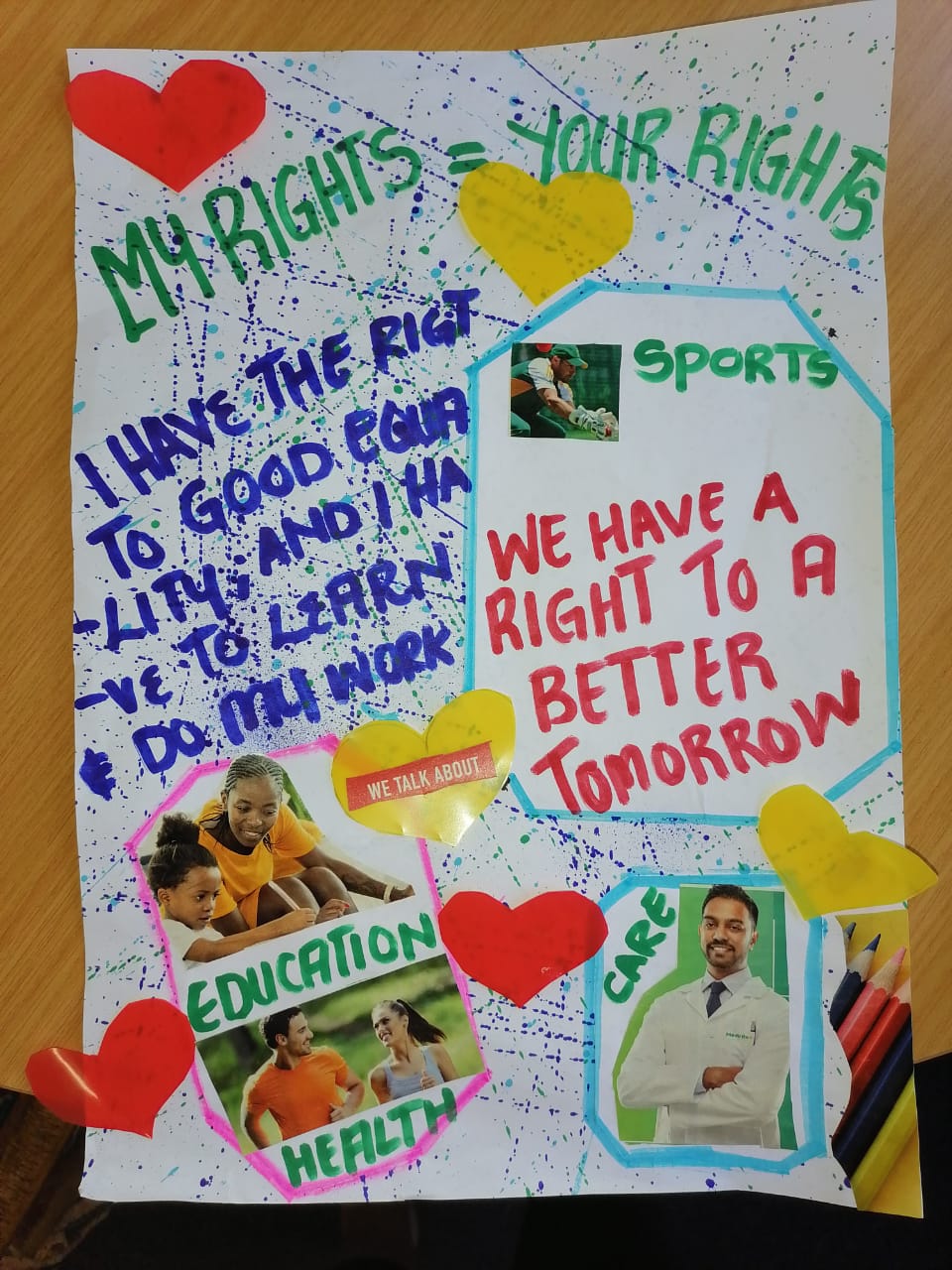Human Rights Day, a national holiday in South Africa, is always celebrated on March 21st. The holiday commemorates the establishment of the South African Human Rights Commission (SAHRC). The aim of the SAHRC is to promote respect for human rights, the protection, development, and attainment of human rights, and to monitor and assess the observance of human rights in South Africa.
Since caring for children and youth being our core focus, we dedicate this month’s blog post to highlighting the constitutional rights of children.
Section 28 of the Bill of Rights, as found in our Constitution, states that “every child has the right to basic nutrition, shelter, health care and social services, as well as the right to be protected from maltreatment, neglect, abuse or degradation”. Our Constitution prioritizes children’s rights and when it comes to any matter affecting a child’s well-being, this important document states that ‘’the best interests of a child are of paramount importance’’.
Here at DCYCC we strive to ensure that the children placed in our care ‘experience’ their rights, that is, understand their rights, have access to their rights, know the responsibilities attached to their rights and know how to complain if they believe that their rights are not being met or are being violated.
Section 28 of the Bill of Rights, says:
Every child has the right to:
- A name and a nationality from birth.
- Family care or parental care, or to appropriate alternative care when removed from the family environment.
- Basic nutrition, shelter, basic health care services and social services.
- Be protected from maltreatment, neglect, abuse or degradation.
- Be protected from exploitative labour practices.
- Not be required or permitted to perform work or provide services that are inappropriate for a person of that child’s age or risk the child’s well-being, education, physical or mental health or spiritual, moral or social development.
- Not be detained except as a measure of last resort, in which case, in addition to the rights a child enjoys under sections 12 and 35, the child may be detained only for the shortest appropriate period of time and has the right to be kept separately from detained persons over the age of 18 years.
- Be treated in a manner, and kept in conditions, that take account of the child’s age and have a legal practitioner assigned to the child by the state, and at state expense, in civil proceedings affecting the child, if substantial injustice would otherwise result.
- Not be used directly in armed conflict, and to be protected in times of armed conflict.
Let us remember that advocating for children’s rights is everyone’s business!

